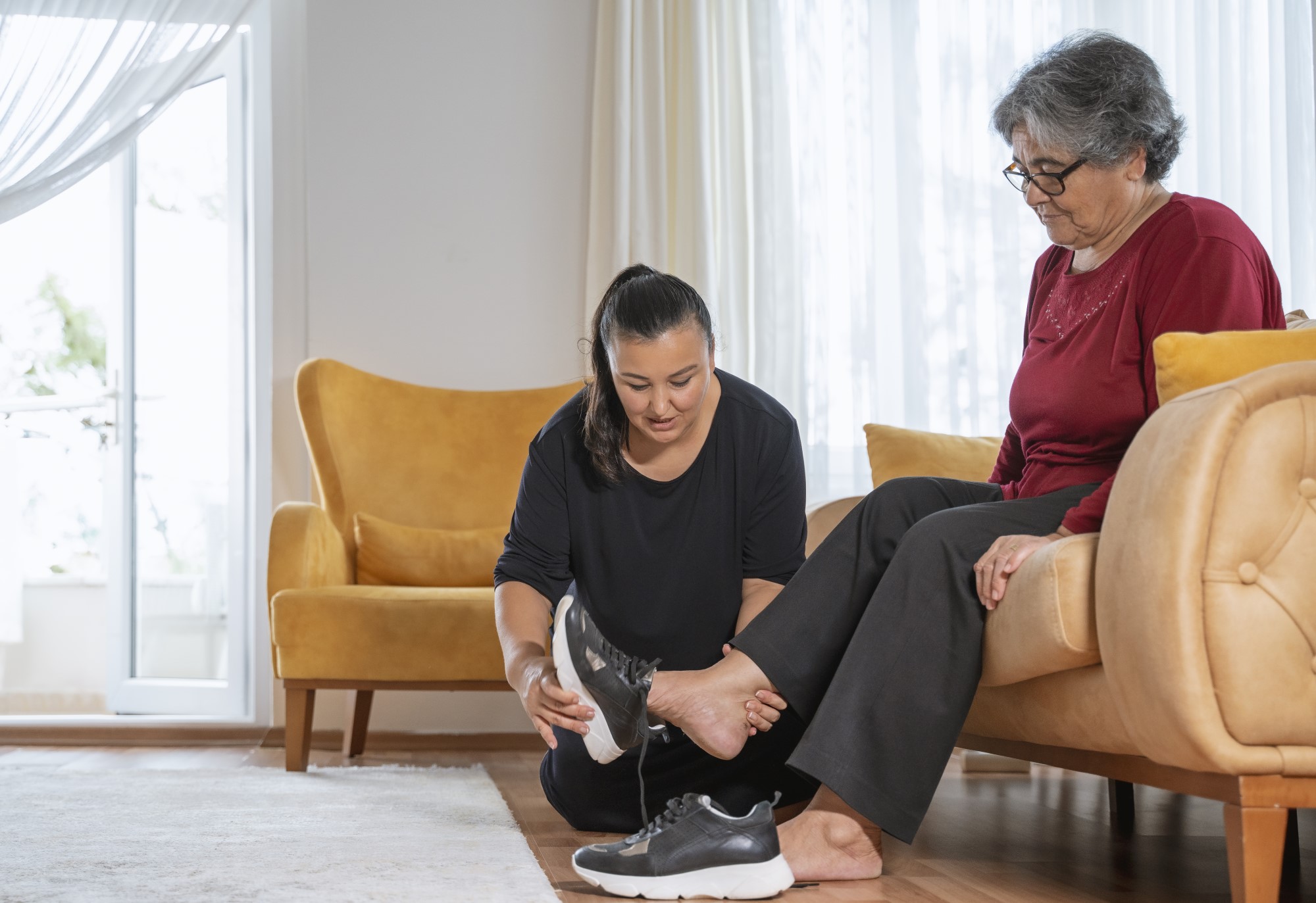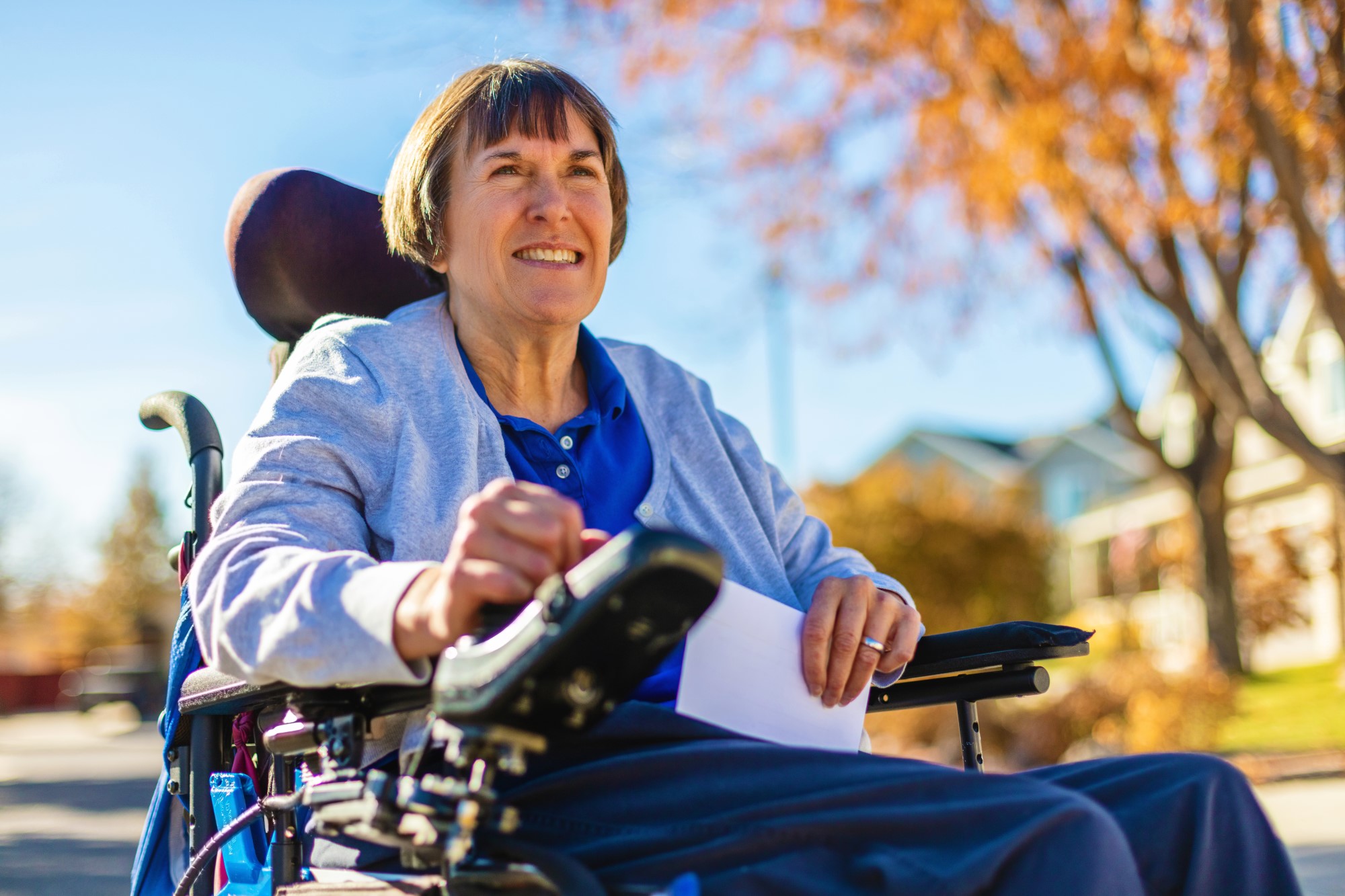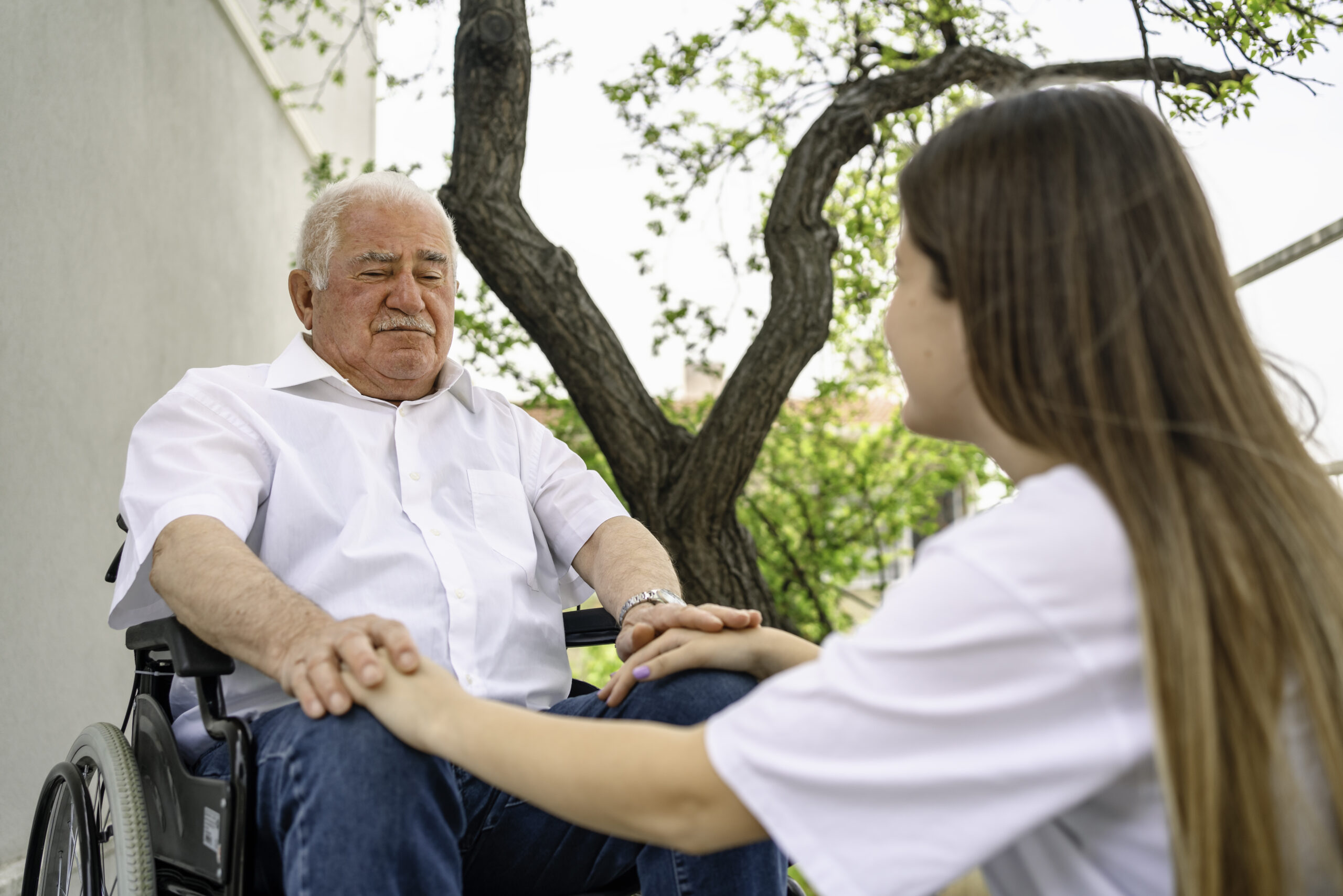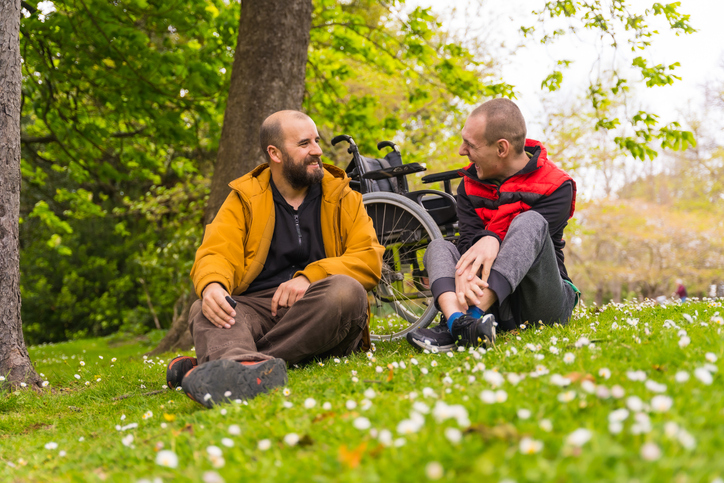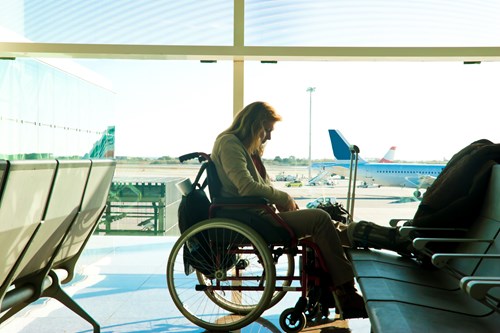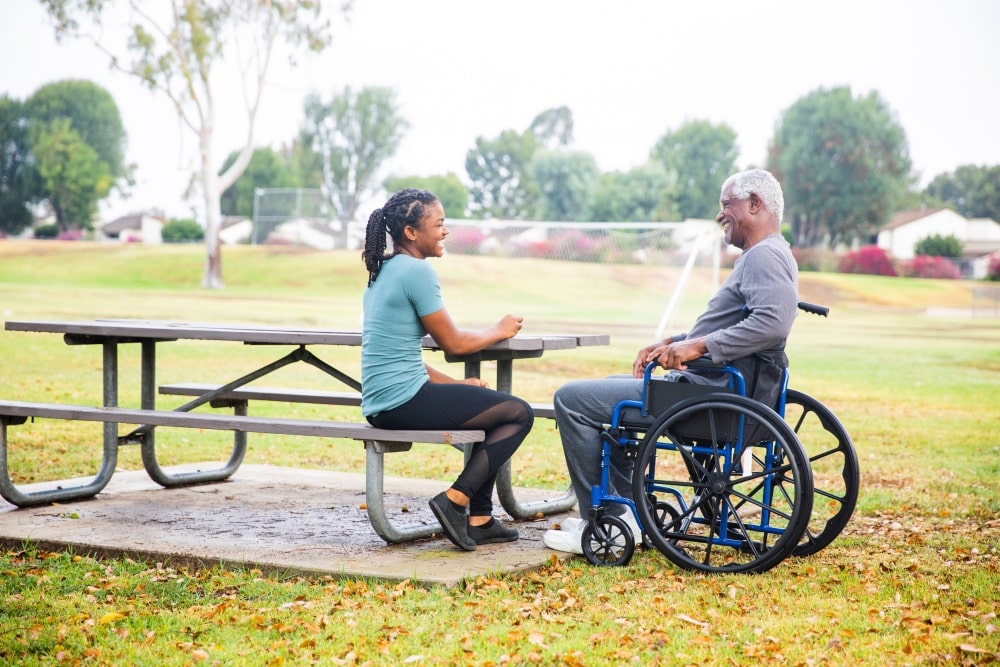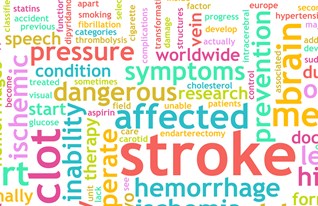
November is National Diabetes Awareness Month and it’s a good time to learn more about how diabetes impacts seniors. If your senior loved one doesn’t have diabetes that doesn’t mean they won’t develop it at some point. More than half of the senior population has diabetes and that number increases every day. A sedentary lifestyle, being overweight, and making poor food choices can all contribute to seniors developing diabetes. Here are some of the facts about seniors and diabetes that families and caregivers of seniors should know:
There Are 14 Million Seniors With Diabetes
Estimates are that half or more of all seniors have diabetes. That means approximately 14 million seniors have diabetes right now. Some are diagnosed and trying to manage their diabetes while others haven’t yet been diagnosed. If you think that your senior loved one has a high risk of developing diabetes and you want to keep them from becoming one of those 14 million people get them to a doctor. After they are tested be sure to talk about ways that they can prevent diabetes.
Lifestyle Choices Matter
Seniors that develop Type II diabetes will likely be on insulin therapy for the rest of the their lives unless they can successfully manage their blood sugar. Lifestyle choices like getting plenty of exercise and eating a healthy diet can have a huge impact on the management of diabetes for seniors. If your senior loved one has Type II diabetes you should encourage them to be active and to eat a healthy diet. Supporting their efforts is important. Having an elder care provider in the home with your senior loved one can be a big help for seniors that are trying to manage their diabetes.
Seniors Do Better Managing Diabetes With Help
It’s overwhelming for many seniors to try and learn how to manage their diabetes. If you can’t be providing care for your senior parent every day because you need to work and because you have family obligations an elder care provider can give your senior loved one the extra support they need. An elder care provider can help seniors check their blood sugar, make sure that they are eating small regular meals, and encourage them as they try to make some better life choices like being more active.
Losing Weight Is The Best Way To Lower The Risk Of Diabetes
Seniors who are overweight have the highest risk of developing diabetes. Losing weight can dramatically lower the chances that a senior will become diabetic. Seniors that are overweight or obese may have a hard time losing weight because being active can be difficult but any amount of weight loss can help. Even losing just a few pounds has an impact. Seniors can often lose weight with consistent activity even if it’s not physically demanding. Dietary changes can also help with weight loss. Seniors who walk for 30 minutes a day and eat a diet low in saturated fat have a much lower risk of developing diabetes than seniors who are sedentary.
Sources:
https://www.diabetes.org/resources/statistics/statistics-about-diabetes
https://www.nia.nih.gov/health/diabetes-older-people#managing
https://care.diabetesjournals.org/content/35/12/2650



